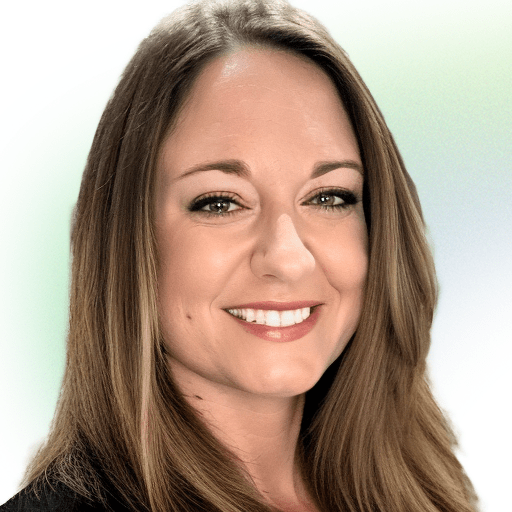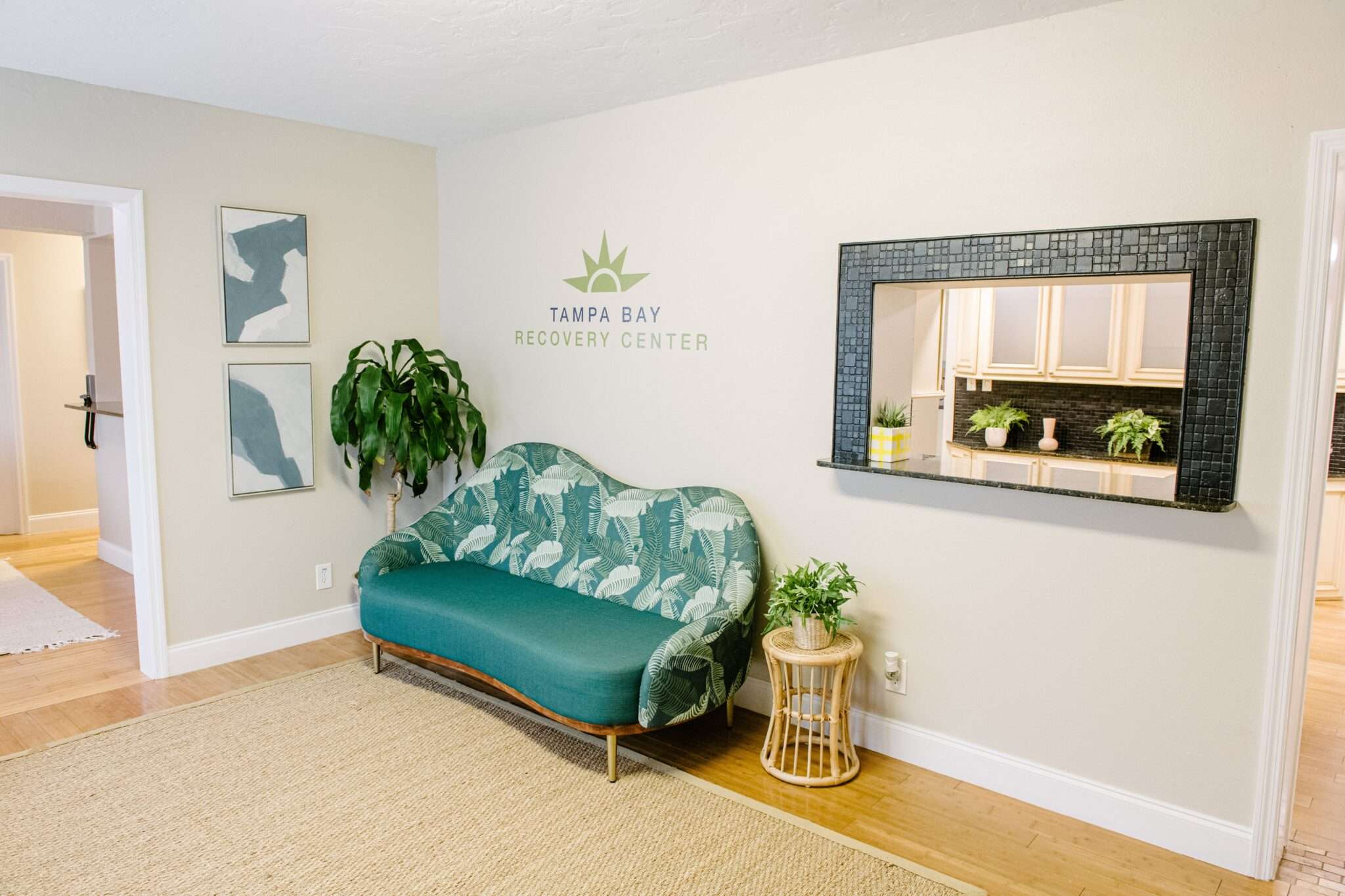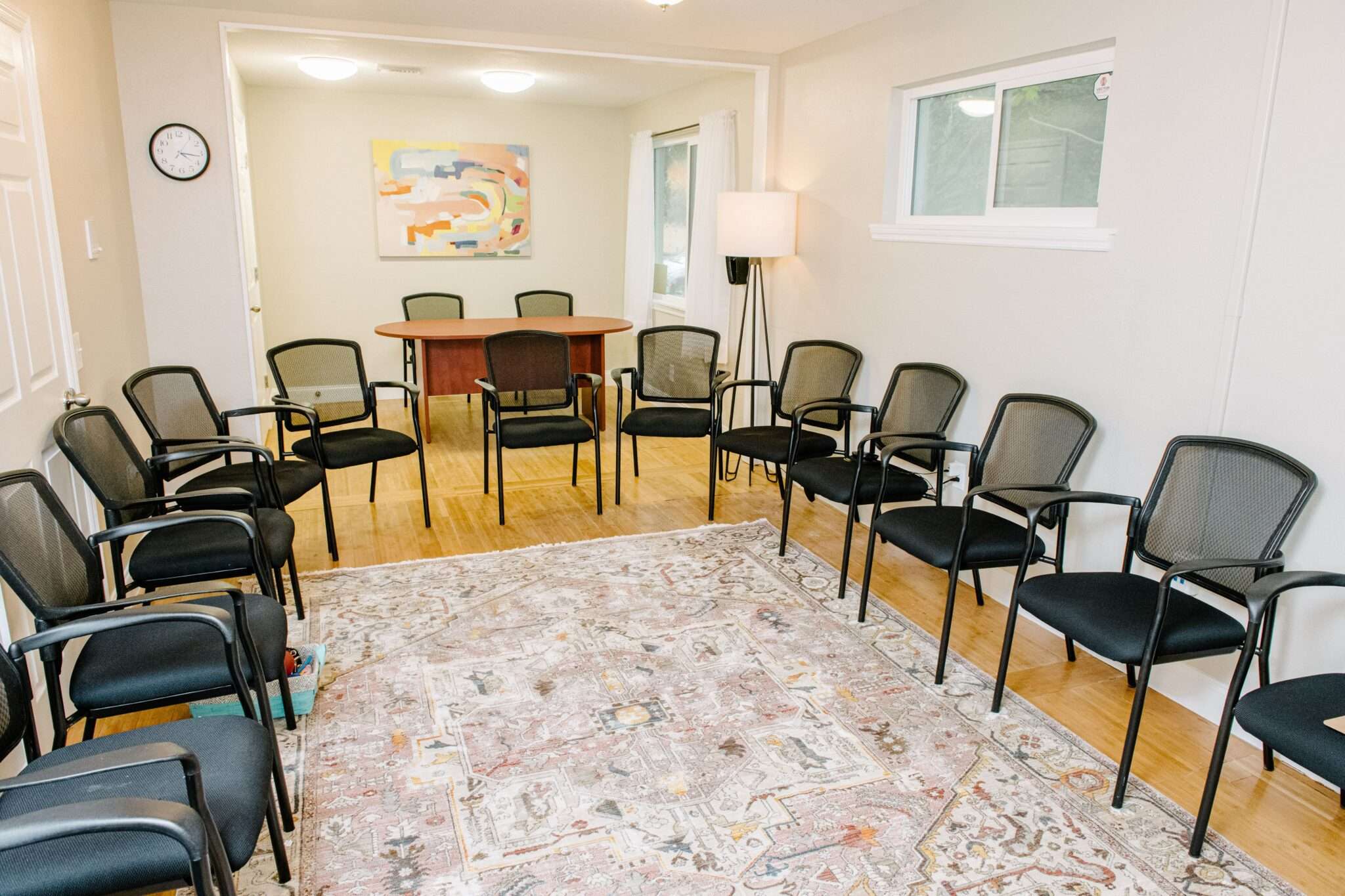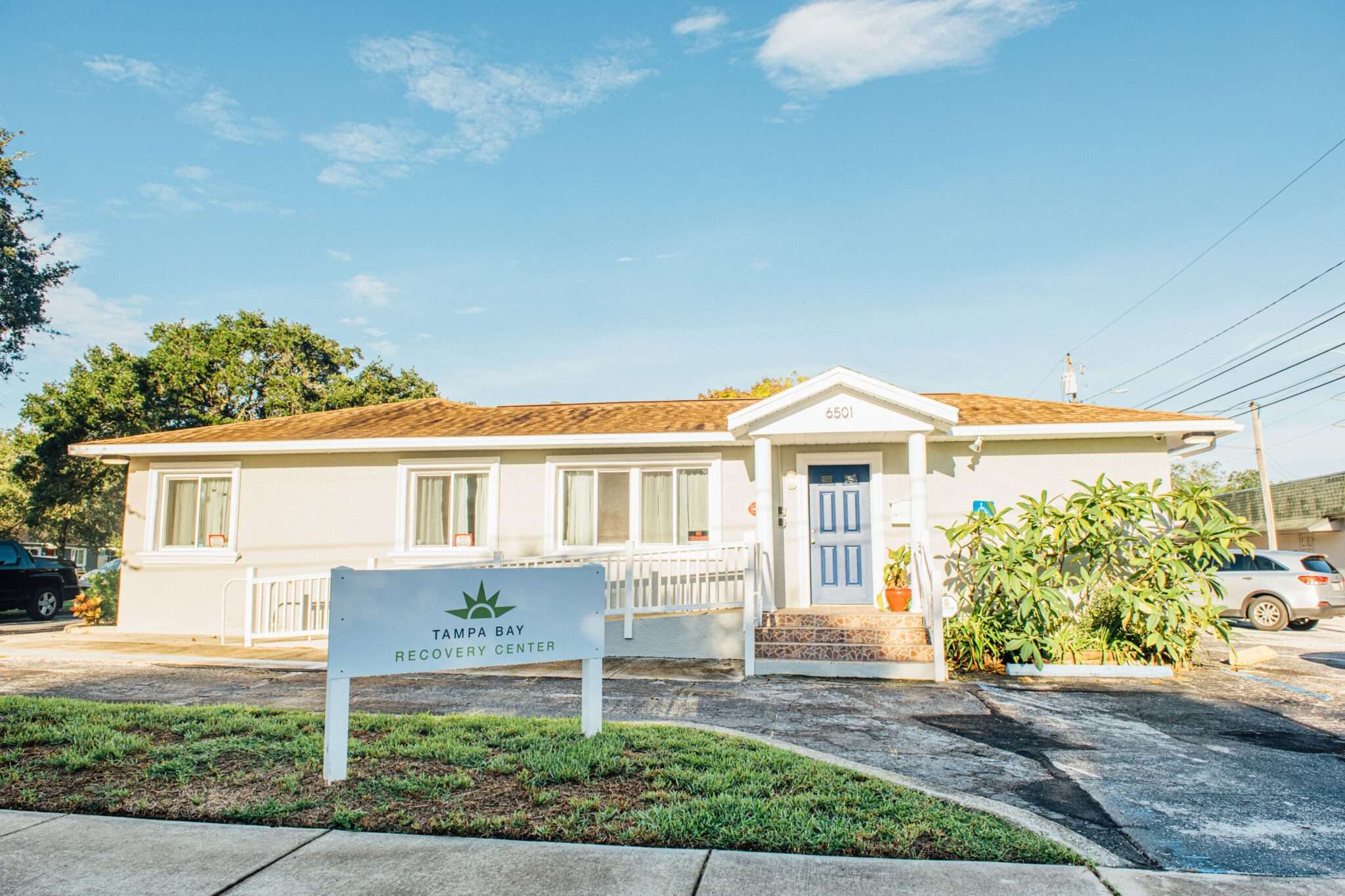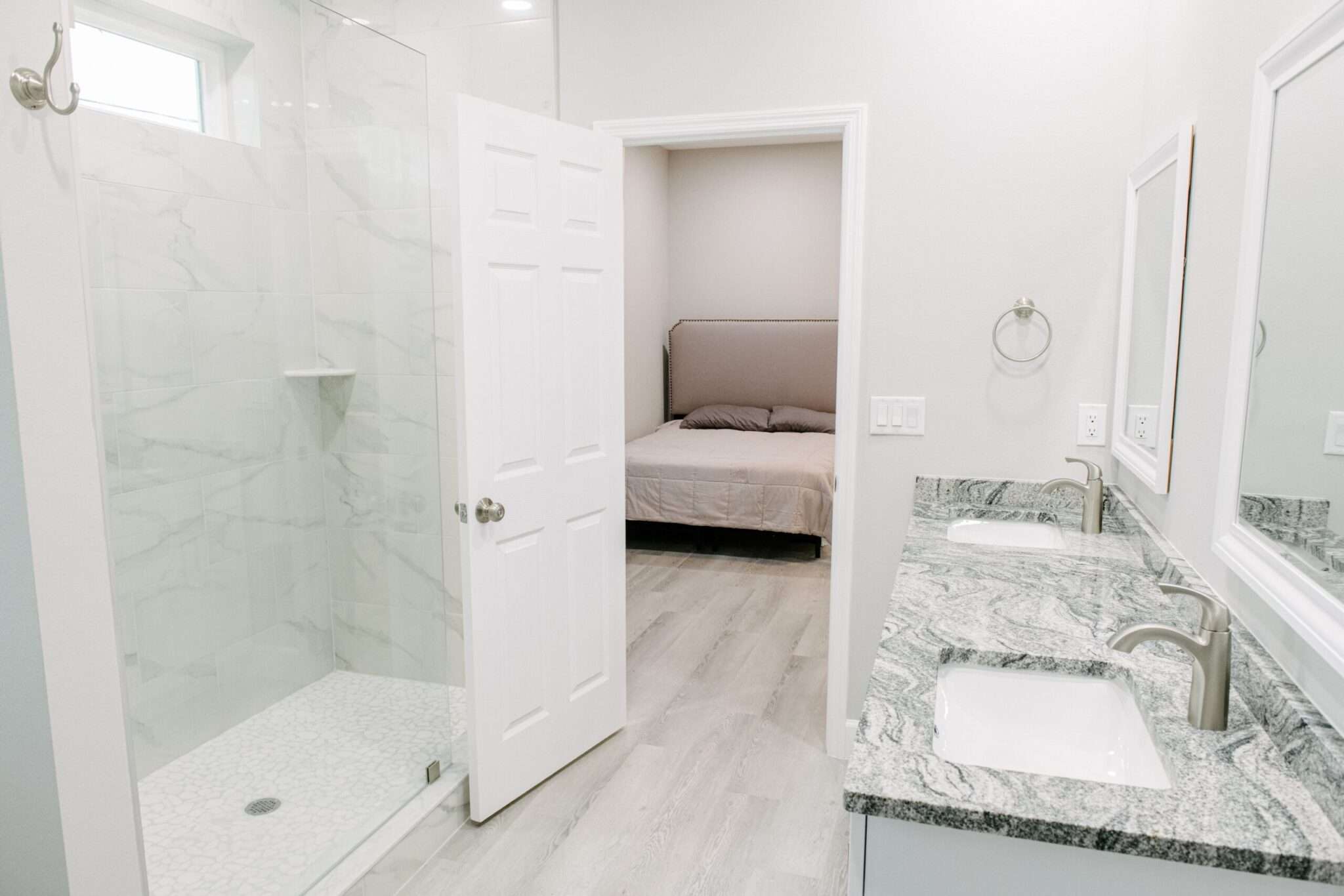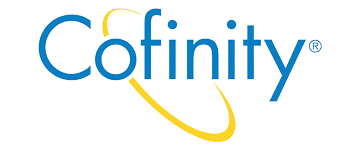Medication-Assisted Treatment
At Gulf Coast Recovery Center, our MAT programs in Florida provide comprehensive treatment for the whole individual. We understand that opioid use disorder and alcohol use disorder are complex medical conditions. That’s why we offer medication-assisted treatment (MAT) to help our clients begin their path to long-term recovery. When combined with our compassionate support and proven therapeutic techniques, addiction can be overcome.
What is Medication-Assisted Treatment?
Medication-Assisted Treatment (MAT) refers to the medical use of prescription medications to aid in the treatment of a substance use disorder or alcohol use disorder. Under an MAT program, a doctor will prescribe a drug such as an antidepressant, antianxiety agent, or narcotic pain reliever to be taken under the supervision of a qualified healthcare professional.
One common misconception associated with MAT is that it is simply “switching out one drug for another.” This is not true. MAT relieves substance withdrawal symptoms and psychological cravings that many experience while in recovery. This promotes stability in the patient so that they can do the necessary clinical work needed to achieve long-term recovery.
Types of Medications Used in MAT
The medications prescribed as part of MAT programs in Florida have saved many lives. After all, a person who experiences mild or endurable withdrawal symptoms is far more likely to find success in recovery than those experiencing severe withdrawal symptoms and intense cravings.
Five Medications Commonly Used in MAT:
- Methadone: This slow-release opioid is commonly used in heroin and opioid detox. It does not instill a “high” in the user but instead tricks the brain into thinking they have used the substance, preventing withdrawal symptoms and reducing cravings.
- Buprenorphine: Known as a “partial opioid agonist,” it produces moderate feelings of euphoria, tricking the brain into thinking it has used opioids.
- Naltrexone: Sold under the brand names Vivitrol and Revia, it reduces both opioid and alcohol cravings by blocking certain opioid receptors in the brain. It eliminates the pleasurable effects of substances and does not carry a risk of dependency.
- Acamprosate: Marketed as Campral, this medication is administered in tablet form to dull cravings for alcohol. Typically taken three times a day, it helps maintain abstinence.
- Disulfiram: Sold as Antabuse, disulfiram makes drinking alcohol unpleasant by disrupting the body’s ability to metabolize it. Usually taken once per day, it deters consumption.
How Does Medication-Assisted Treatment in Florida Work?
At Gulf Coast Recovery Center, our MAT programs address the physical, mental, and social aspects of opioid use disorder and alcohol use disorder.
For individuals addicted to opioids or alcohol, attempting to quit alone can be uncomfortable and even dangerous. MAT programs offer prescription medication to ease withdrawal symptoms and reduce cravings, allowing patients to focus on their recovery.
Our rehab programs integrate MAT with therapy. These therapy sessions provide safe and supportive forums where patients can learn about addiction and develop effective relapse prevention strategies.
Medication-Assisted Treatment for Opioids
Opioid use disorder (OUD) occurs when the brain relies on opioids like fentanyl or heroin to release dopamine. Discontinuing opioid use often leads to severe withdrawal symptoms, including:
- Intense cravings for opioids
- Cramps
- Muscle pain
- Nausea and vomiting
- Fever
- Anxiety
- Depression
MAT programs for OUD use medications such as methadone, buprenorphine, and naltrexone under close supervision to manage cravings and withdrawal symptoms.
Medication-Assisted Treatment for Alcohol
Alcohol detox can be one of the most challenging types of detox due to severe withdrawal symptoms, such as:
- Intense cravings for alcohol
- Agitation and confusion
- Sweating
- High blood pressure
- Fever
- Nausea and vomiting
MAT medications alleviate withdrawal symptoms and reduce the risk of serious complications, such as seizures. FDA-approved medications for alcohol use disorder include naltrexone, acamprosate, and disulfiram.
Is Medication-Assisted Treatment Effective?
According to the National Institute on Drug Abuse (NIDA), medications like methadone, buprenorphine, and naltrexone effectively reduce the symptoms of OUD. Similarly, the Substance Abuse and Mental Health Services Administration (SAMHSA) confirms that FDA-approved medications for alcohol use disorder effectively relieve withdrawal symptoms and cravings.
Is Medication-Assisted Treatment Evidence-Based?
Yes, MAT is considered evidence-based for treating OUD and alcohol use disorder. Evidence-based treatments have demonstrated effectiveness through rigorous clinical research and trials. MAT combines FDA-approved medications with counseling and behavioral therapies to treat substance use disorders effectively.
Benefits of MAT Programs in Florida
At Gulf Coast Recovery Center, we provide proven addiction treatment using MAT programs. Whether you’re battling synthetic opioids, natural opioids, or alcohol addiction, we can help.
For OUD, MAT medications:
- Reduce cravings: Target the same brain receptors as opioids to minimize cravings.
- Prevent withdrawal symptoms: Alleviate severe withdrawal symptoms, making quitting more manageable.
- Block the high: Some medications prevent the euphoric effects of opioids, discouraging misuse.
For alcohol use disorder, MAT medications:
- Reduce cravings: Help maintain sobriety by minimizing the urge to drink.
- Block the “reward”: Interfere with alcohol’s rewarding effects, making it less appealing.
Begin Your Healing Journey
Medication-Assisted Treatment at Gulf Coast Recovery Center offers a compassionate and effective way to overcome addiction. With the right support, recovery is within reach.

